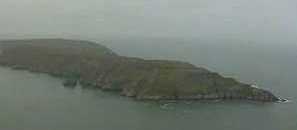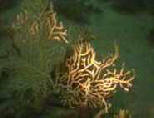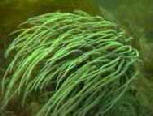|
EUROPEAN CETACEAN BYCATCH CAMPAIGN |
|
|
|
|
|
|
|
The sealife around Lundy Island is to get more protection |
|
|
|
|
|
A bylaw is now being drawn up, which will ban all forms of fishing for a two-mile area on the sheltered, eastern side of Lundy. |
|
Lundy has a vibrant underwater world |
|
|
|
Rare seafan off Lundy Island |
|
"But we also need to protect the rare species we have on the eastern side of the island as well, such as the seafan. It's important for the biodiversity that we do not start losing these rare species." |
|
BBC NEWS July 24 2002 |
|
|


